Globe and Mail Feature: Dr. Hannah Wittman
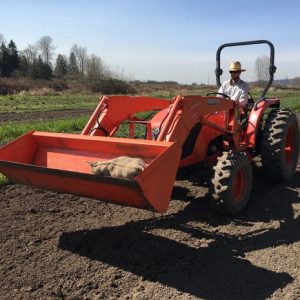
Photo Credits: The Globe and Mail
By Salloum on April 20, 2020

Photo Credits: The Globe and Mail
By Salloum on April 9, 2020
We know that it’s been hard to sift through the plethora of resources coming out every day about COVID-19, so we have compiled a list of COVID-19 food systems resources, media articles, and other content on the BC Food Web. We’ve created this repository for BC producers, processors, and for anyone else that is interested in finding information that may help them navigate this unprecedented time. We will also be updating this page regularly with new information as it comes out, so check back frequently for updates.
Note: We are not the authors of this content nor has this content been peer-reviewed. We hope this will be helpful to our network. If you come across any additional resources that you think should be listed here please feel free to send them to bc.foodweb@ubc.ca.
By avnlucy on April 9, 2020
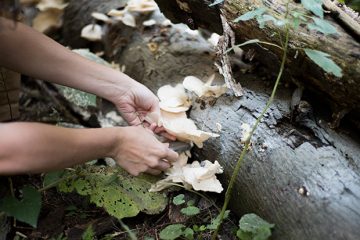 About this Workshop
About this WorkshopHow would you survive without a grocery store? Chef Robin Kort will teach you how to find wild spring treasures; food like seaweeds, mushrooms, edible plants, and roots that you can find in our forests, meadows, and oceans. This workshop will cover everything you need to know to safely gather, prepare and cook unique flavours found only in nature. This is an identification walk only (no picking, no cooking demonstration) and includes a sampling of wild edibles and an open discussion with wildcraft expert Robin Kort.
 About the Instructor
About the InstructorChef Robin Kort is a professional wildcraft guide and owner of Swallow Tail Culinary Adventures. She’s worked alongside some of the cities best chefs from Hawksworth to Chef Andrea Carlson of Burdock & Co. She is a member of the Vancouver mycological society and has been running wild mushroom foraging trips and cooking classes for 6 years. Chef Robin has been interviewed for her food and wine expertise on the Food Network with Bob Blummer, CBC with Steven Quinn, Montecristo Magazine, Vancouver Magazine, the Huffington Post, Conde Nast Traveller and the Globe and Mail.
Saturday, May 9 | 1:00 – 3:00 pm (2 hours)
UBC Farm
3461 Ross Drive, Vancouver BC
$40 ($34 student pricing) + GST
By Salloum on March 17, 2020
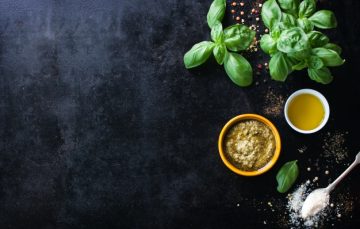
This workshop explores how to bring the healing effect of herbs into your daily cuisine. Certain herbs are used in the kitchen on a regular basis and although these herbs are used for flavour, they also have a medicinal component. Others are mostly overlooked as a food even though there is great potential for incorporating them into your regular meal plan. When a family member is sick, we can tweak our recipes to make them more conducive to healing. We can prepare food according to the seasons to stay balanced and healthy in all different types of climate and weather. Take home samples of healthy condiments that we will create together.
Remember to bring a 250 ml – 350 ml wide mouthed jar with lid, a mug, and weather appropriate attire for the session.
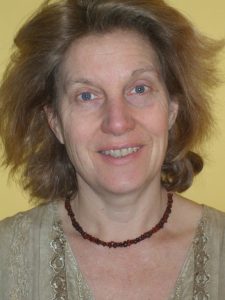 About the Instructor
About the InstructorSarah Orlowski is a Master Herbalist, an advanced level Qi Gong Practitioner and feels honoured to have had training in certain First Nations herbal traditions. Sarah has her Permaculture Design Certificate, believing that growing in accordance with Nature is the sustainable way of the future.
Currently, Sarah runs an organic orchard and medicinal herb farm (certified with Kootenay Mountain Grown) with her husband in Grand Forks, BC. Here she trains student apprentices in growing and maintaining plants and making herbal products. She has a private clinical practice, giving health consultations and Qi Gong treatments.
DATE Saturday, July 11, 2020 | 2:00 – 5:00 pm (3 hours)
UBC Farm
3461 Ross Drive, Vancouver BC
$40 Standard ($34 Student) + GST
By Salloum on March 9, 2020
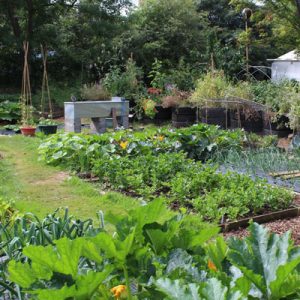 About this Workshop
About this WorkshopPermaculture, derived from “Permanent Agriculture”, is a system of sustainable growing that mimics and draws from Nature, creating a self sufficient farm or garden that can thrive without harming the planet. It includes consideration for people and the planet and notes that beneficial plants are not just those that we harvest to eat. By making multifunctional decisions whenever possible and using the zone system to place key features in the best possible place, we can actually save ourselves work because instead of always fighting Nature, we can live more harmoniously within it. Understanding the patterns and laws in Nature will help us to more clearly see the long term effects of our actions. This workshop explores the basics of permaculture and participants will take home some interesting new ideas that they can apply to their own garden design and maintenance.
 About the Instructor
About the InstructorSarah Orlowski has her Permaculture Design Certificate and is also a Master Herbalist. With her husband, she co-runs a permaculture orchard and medicinal herb farm in Grand Forks, BC, where she makes herbal remedies & trains student apprentices. Their organic farm is certified with Kootenay Mountain Grown. She has a private clinical practice, where she gives health consultations and treatments. An experienced instructor, Sarah believes that growing in accordance with Nature will be the sustainable way of the future.
Saturday, July 11 | 9:00 am – 12:00 pm (3 hours)
UBC Farm
3461 Ross Drive, Vancouver BC
$40 ($34 student pricing) + GST
By Salloum on March 9, 2020
Join Dr. Sean Smukler, Interim Academic Director of the Centre for Sustainable Food Systems, Associate Professor, Faculty of Land and Food Systems, Department of Applied Biology and Soil Science; Dr. Kent Mullinix, Director of the Institute for Sustainable Food Systems, Kwantlen Polytechnic University; Dr. Kirsten Hannam, Systems Agro-Ecologist, Agriculture and Agri-Food Canada’s Summerland Research and Development Centre as they discuss their research and perspectives on preparing and strengthening BC agriculture for food system resilience and climate change adaptation.
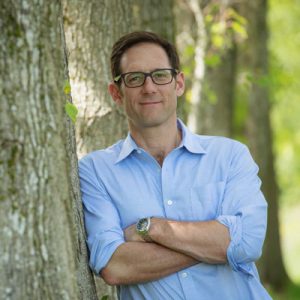
Dr. Sean Smukler
Dr. Sean Smukler’s research program is focused on working with farmers, and other managers of agricultural landscapes to find ways to better monitor, protect and enhance biodiversity and the availability of ecosystem services including food, fiber, fuel and timber production, greenhouse gas mitigation, and water quality and quantity regulation. He and his Sustainable Agriculture Landscape lab are also currently working with CSFS at UBC Farm to better understand the nutrient dynamics of various local amendment options for organic production system.
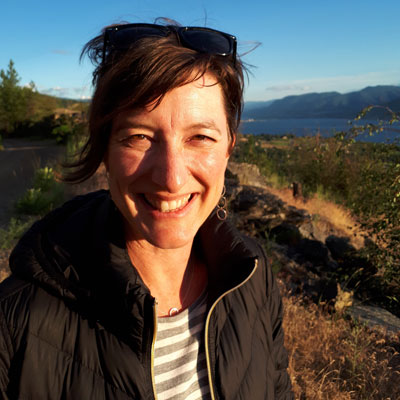
Dr. Kirsten Hannam
Kirsten Hannam is an Agro-Ecologist with Agriculture and Agri-Food Canada in Summerland, BC. Kirsten and her team aim to enhance the resilience of the BC tree fruit sector through effective and efficient soil, nutrient and water management practices. In previous lives, she has worked as a soil scientist with the BC Ministry of Forests, and as a policy analyst with Natural Resources Canada.
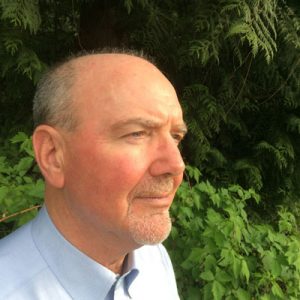
Dr. Kent Mullinix
Kent Mullinix is the Director of the Institute for Sustainable Food Systems at Kwantlen Polytechnic University (KPU). He oversees all of the Institute’s research projects, and extension projects including. His research and extension work focuses on ecologically sound crop production, agriculture education programming, sustainable bioregional food systems, as a foundational and integral element of sustainable society. Mullinix conceived and led the development of KPUs B.A.Sc. Sustainable Agriculture degree, the Tsawwassen First Nation and Richmond Farm Schools, and is now leading the development and implementation of KPUs Graduate Certificate- Sustainable Food Systems and Security. Mullinix is an Adjunct Professor in The Faculty of Land and Food Systems at the University of British Columbia and serves on the Leadership Team and editorial board of the Journal of Agriculture, Food Systems and Community Development.
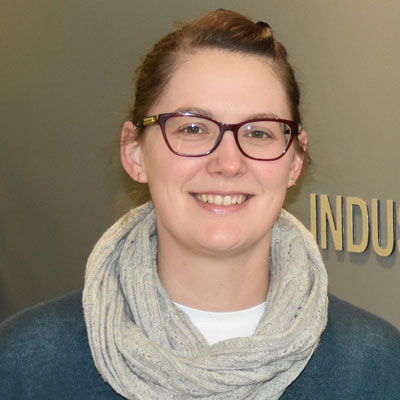
Serena Black, Moderator
Serena Black (AAg, MSc, BJ) has been working in applied agriculture research and extension in the central and northern interior of BC for the past eight years. Serena’s work is driven by her passion to work on producer-driven applied projects that will enable producers adapt to a changing climatic and strengthen their capacity to develop environmentally and economically sustainable operations. Based in Prince George, BC, works with the University of Northern BC as the Agriculture Extension Specialist, and is the chair of the BC Agricultural Climate Adaptation Research Network.
The Building Resilient Food Systems During COVID-19 and Beyond series is brought to you by the Centre for Sustainable Food Systems (CSFS), the BC Food Web, the Faculty of Land and Food Systems (LFS), and the Royal Bank of Canada. This webinar series focuses on answering fundamental questions about the resiliency of our food system during and beyond COVID-19.



By Salloum on March 9, 2020
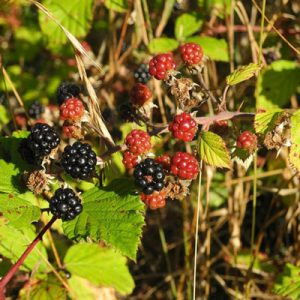 About this Workshop
About this WorkshopParticipants will do a wild harvest of what will be available, learning correct identification features. They will bring the harvest back to the kitchen to combine with other ingredients for tasting on-site cuisine. Topics covered will include the correct time of year for harvesting different plants, which plant parts are desirable for eating, how to avoid look a likes and how to encourage wild edibles in your own garden patch. Students will also prepare an in-process food product to take home.
 About the Instructor
About the InstructorSarah Orlowski is a Master Herbalist and has her Permaculture Design Certificate. She co-runs a permaculture orchard and medicinal herb farm in Grand Forks, BC, where she makes herbal remedies & trains student apprentices. Their organic farm is certified with Kootenay Mountain Grown. She has a private clinical practice, where she gives health consultations and treatments. An experienced instructor, Sarah believes that growing and living in accordance with Nature is the sustainable way of the future.
Wednesday, July 8 | 5:30 – 8:30 pm (3 hours)
UBC Farm
3461 Ross Drive, Vancouver BC
$40 ($34 student pricing) + GST
By Salloum on March 8, 2020
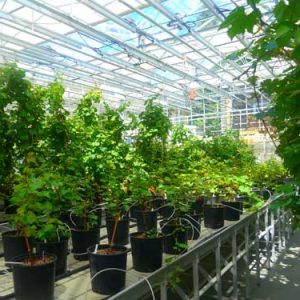 About this Workshop
About this WorkshopShady garden? Poor soil? Pests, disease, or weed problems? Only have a tiny space? If you think you don’t have the right space to grow your own food, think again! Learn how to troubleshoot and solve garden problems and make the best of your challenging growing situation to produce your own delicious veggies all season long!
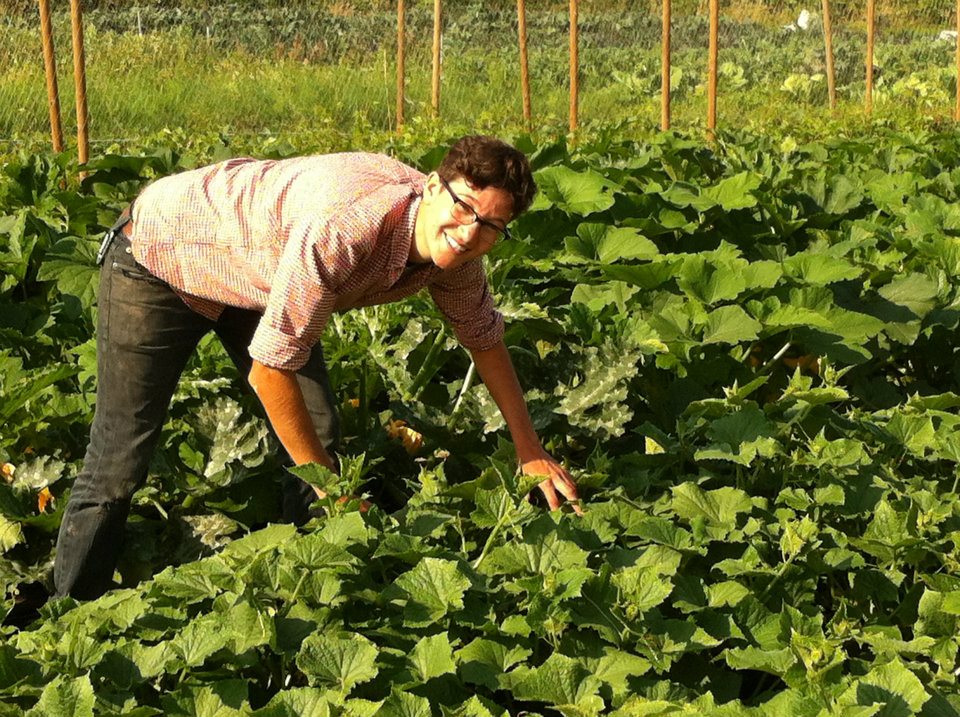 About the Instructor
About the InstructorMik Turje has been working in community food and agriculture for over a decade. First as a small-scale organic farmer on Vancouver Island and in Richmond where they grew a variety of veggies for farmers markets, CSA’s and high-end grocery stores. Then as a community development worker in the Food and Urban Agriculture movement. Mik was the Urban Agriculture Coordinator at The Stop Community Food Centre in Toronto for many years, where they taught a full slate of gardening workshops and mentored new gardeners. Mik now runs a small food security organization in Renfrew-Collingwood
Wednesday, June 24| 5:30 – 7:30 pm (2 hours)
Online via Zoom (appropriate links will be sent within 1-3 business days of transaction)
$15 + GST (non-refundable)
By Salloum on March 8, 2020
The compounded crises of climate change and COVID-19 have widened the inequalities that exist in our already unequal food system. Decolonizing the land and food system is thus a critical strategy for putting economies of solidarity into action. Join Dawn Morrison, Founder, Chair, and Coordinator of the Working Group on Indigenous Food Sovereignty (WGIFS), Wilson Mendes, LFS PhD Candidate, Media Director of the WGIFS, and xʷc̓ic̓əsəm Garden Coordinator, Angela McIntyre, CSFS Postdoctoral Fellow, and Alannah Young, former CSFS, LFS, and IRP Postdoctoral Fellow, for a panel and discussion on Indigenous food sovereignty and resiliency – during COVID-19 and beyond.
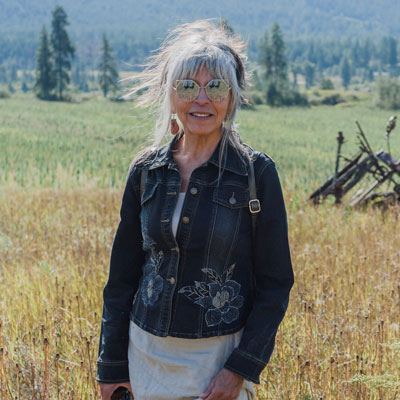
Dawn Morrison
Dawn Morrison is of Secwepemc ancestry and is the Founder/Curator of the Working Group on Indigenous Food Sovereignty. Since 1983 Dawn has worked and studied horticulture, ethno-botany, adult education, and restoration of natural systems in formal institutions as well as through her own personal healing and learning journey. Following the years she spent teaching Aboriginal Adult Basic Education, Dawn has been dedicating her time and energy to land based healing and learning which led her to her life’s work of realizing herself more fully as a developing spirit aligned leader in the Indigenous food sovereignty movement. Dawn has consistently organized and held the space over the last 14 years for decolonizing food systems discourse in community, regional and international networks and has become internationally recognized as a published author. Dawn’s work on the Decolonizing Research and Relationships is focused on creating a critical pathway of consciousness, that shines a light on the cross-cultural interface where Indigenous Food Sovereignty meets, social justice, climate change and regenerative food systems research, action and policy, planning and governance. Some of the projects Dawn is curating include: Wild Salmon Caravan, Indigenous Food and Freedom School and, Dismantling Structural Racism in the Food System.
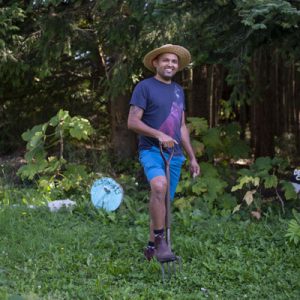
Wilson Mendes
Wilson Mendes is an Indigenous Afro-Brazilian Indigenous community planner, visual artist, and Indigenous land-based researcher living on the unceded Territories of the xʷməθkʷəy̓əm (Musqueam), Sḵwx̱wú7mesh (Squamish) and səlí̓lwətaʔɬ (Tsleil-waututh) Nations. His work focuses on collaborative community-based approaches toward Indigenous community resilience and wellness through Indigenous food sovereignty and regenerative land-based practices. He is currently the media director of the Working Group of Indigenous Food Sovereignty working alongside the founder and research curator Dawn Morrison. Wilson has a master’s degree in planning with a focus on Indigenous community planning and is currently a Ph.D. candidate with the Faculty of Land and Food Systems at the University of British Columbia. His research focuses on Indigenous land-based pedagogies and Indigenous food sovereignty for urban Indigenous youth.

Alannah Young Leon
Alannah Young Leon PhD is a member of the Indigenous Medicine Collective – an urban land-based group of holistic health practitioners and researchers who work with the Indigenous Community Research Partnership initiatives at UBC. Her prior post-doctoral worked with Faculty of Land and Food Systems and the Centre for Sustainable Food Systems examined how Indigenous Elders applied the land-based health education pedagogies at xʷc̓ic̓əsəm: Indigenous Health Research and Education Garden at UBC Farm, and food sovereignty initiatives in rural BC communities.
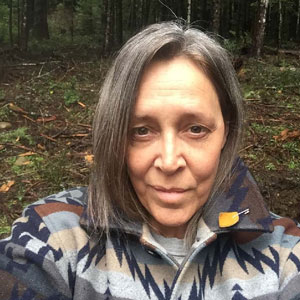
Angela McIntyre, Moderator
Angela McIntyre’s postdoctoral research explores health, wellness and food sovereignty of Indigenous Peoples. Before coming to UBC in 2019, she worked as a health promotion specialist for BC First Nations. From 1993 to 2015, Angela was a civilian peacekeeper, a program officer, policy researcher in the areas of post-conflict peace-building and reconciliation, global health and food security in sub-Saharan Africa. Angela is of Cree, Scottish and German heritage, living on the traditional territories of Quw’utsun (Cowichan), SȾÁUTW̱ (Tsawout) and W̱SÁNEĆ (Saanich) Peoples (Salt Spring Island).
The Building Resilient Food Systems During COVID-19 and Beyond series is brought to you by the Centre for Sustainable Food Systems (CSFS), the BC Food Web, the Faculty of Land and Food Systems (LFS), and the Royal Bank of Canada. This webinar series focuses on answering fundamental questions about the resiliency of our food system during and beyond COVID-19.



By avnlucy on March 8, 2020
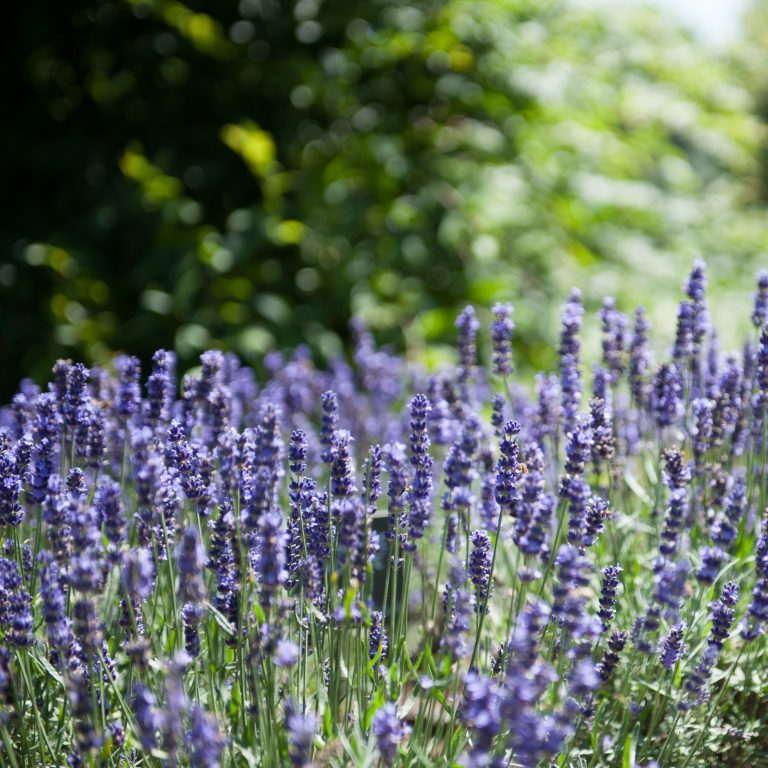 About this Workshop
About this WorkshopJoin us for a guided walk through the Garden with Katolen Yardley, Medical Herbalist, where we will identify some local and non-local flowers, herbs, and common weeds, and discuss some of their medicinal properties and ways to apply these plants for common first aid and general health care.
 About the Instructor
About the InstructorKatolen Yardley, MNIMH, RH (AHG) is a medical herbalist and nature knower with over 20 years of clinical and herbal medicine making experience in private practice in Vancouver, BC. She enjoys providing people with tools for optimal health through inspiration and education. She is the author of the “Good Living Guide to Natural and Herbal Remedies” (August 2016) and current president of the Canadian Herbalist’s Association of British Columbia. She is a clinic supervisor at Dominion Herbal College and adjunct faculty at Boucher Naturopathic College and offers seminars to the general public.
DATE Tuesday, June 2 | 6:30 – 8:00 pm (1.5 hours)
UBC Farm
3461 Ross Drive, Vancouver BC
$40 Standard ($34 Student) + GST